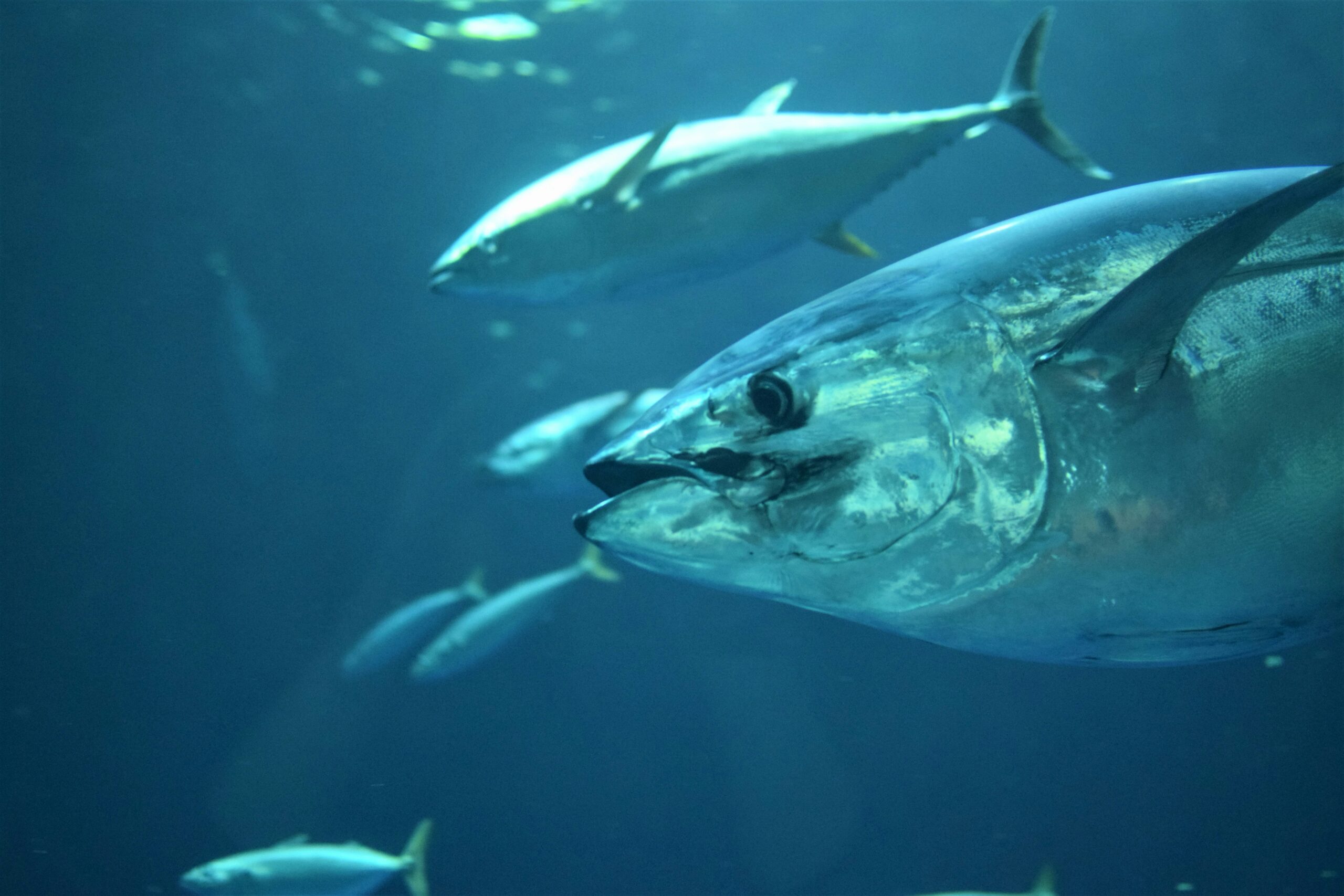Photo by Kate Estes
A ruling by the General Court of the European Court of Justice has opened the door to increased legal scrutiny of the European Commission’s fisheries policies, with potential implications for the sustainability practices of UK supermarkets. The decision follows a legal challenge brought by environmental organisations Blue Marine Foundation and Bloom Association earlier this year.
At the heart of the case was the European Commission’s 2023 decision to block a regional fisheries management measure proposed by the Indian Ocean Tuna Commission (IOTC), which aimed to limit the use of drifting fish aggregating devices (FADs) to protect tropical tuna stocks in the Indian Ocean.
In its judgment, the Court found that the Commission’s actions may have prevented the implementation of conservation measures aligned with EU environmental objectives. The Court ruled that such decisions must be open to legal scrutiny, stating that EU institutions can be held accountable when their actions may conflict with established environmental protections.
The ruling is seen as a significant moment for NGOs seeking greater access to legal channels in holding EU institutions to account on environmental issues.
Implications for retailers and Tuna supply chains
Environmental groups, including Blue Marine Foundation, say the ruling strengthens calls for retailers to review how tuna is sourced, particularly from fisheries using drifting FADs—a widely criticised method due to its association with overfishing, bycatch of juvenile fish, marine litter, and plastic pollution.
Drifting FADs are artificial floating structures used to attract tuna but have come under fire for their environmental impacts. A study by Dalhousie University estimated that over 1.4 million such devices were deployed globally between 2007 and 2021.
In the UK, many major supermarkets have pledged not to source tuna caught using drifting FADs for their own-label products. However, campaigners argue that similar commitments have not extended to branded tuna products sold on the same shelves. According to Blue Marine, popular tuna brands such as John West and Princes continue to source from fisheries that use drifting FADs, despite appearing in retailers that promote sustainability in their marketing.
Retailers and certification under scrutiny
Supermarkets including Tesco and Waitrose have pointed to Marine Stewardship Council (MSC) certification as evidence of responsible sourcing. However, critics argue that MSC standards do not necessarily exclude the use of drifting FADs. A 2023 report by Bloom Association suggested that more than half of MSC-certified tuna fisheries use these devices.
Marks & Spencer is currently the only major UK retailer confirmed by Blue Marine to exclude drifting FADs from all its tuna products, including branded and own-label. A representative from the retailer reaffirmed its commitment to line-caught tuna as part of its wider marine conservation policy.
Consumer trust and sustainability claims
The issue also raises questions about consumer trust. A poll commissioned by Blue Marine found that 59% of UK consumers would avoid fish they knew to be unsustainably sourced. However, 17% said they had no trust in seafood labelling, while nearly half cited cost and confusion as barriers to choosing sustainable options.
Several consumers interviewed for the report expressed frustration that sustainability claims made by supermarkets did not always apply to all products sold. One shopper commented: “I assumed ‘sustainably sourced’ meant all the tuna on the shelf, not just the store brand.”
Next steps
Following the court ruling, the European Commission may now be required to reconsider its decision regarding Indian Ocean tuna conservation measures, including a previously proposed 72-day ban on drifting FADs. Campaigners hope the decision will lead to stronger enforcement of sustainability standards within both regulatory institutions and commercial supply chains.
Environmental NGOs continue to call on UK retailers to cease sourcing any tuna—own-label or branded—caught using drifting FADs. In a statement, Blue Marine Foundation said: “Until supermarkets take action, British consumers will continue to unknowingly buy tuna caught using unsustainable and harmful fishing practices.”
The European Commission has not yet indicated whether it will appeal the ruling.
